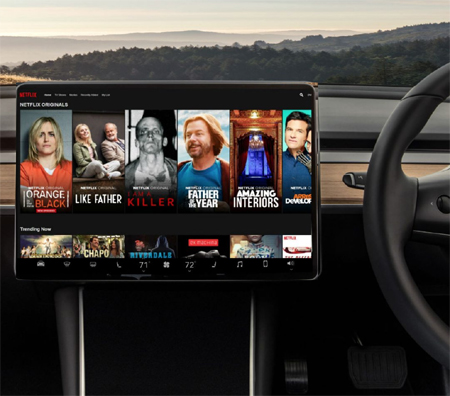-
Meet the New Car, Same as the Old Car
On the 27th of December 2022, we drove away from our flat in a white, Kia Picanto that was two years old when we bought it. Fifty-eight days later, we drove back to our flat in a white, Kia Picanto that was two years old when we bought it. Between those dates, we did a lot of walking, accepted rides from friends, and tried—unsuccessfully—to contact the insurance company.

Left: old car, with our pet fox posing next to it.
Right: new car, with a very similar Reg Number, except for the last three letters, which are FGX. I have committed this to memory by equating it to FuckinG eXcellent, and I can’t wait for the next guy who needs to know my Reg Number and I tell him, Tango Papa 2 1 Fucking Excellent!It has been noted that, had we been normal, we’d have been climbing the walls and would have found some way—even if it meant camping out on their doorstep—to get our hands around the throat of someone at the insurance company to encourage them to sort things out. But, as we are not normal, being without a car was merely inconvenient, and not terribly so. (I wrote the previous blog about issues with my computer, and I have to say, I found being without a car for 58 days a lot less frustrating and inconvenient than being without my computer for a few hours.)
Besides, we enjoyed the walks, and we enjoyed the rides from our friends when the weather was not walk-friendly. But, eventually, we decided we could not continue to rely on the weather, the kindness of friends, or the insurance company, so we just went out and bought a car.
Oddly, at that same time, the insurance company contacted us, confirmed that our old car was, indeed, a write off, and gave us their offer of a pay-out. Incredibly, it was twice what I thought it would be, and I reacted to their suggestion that we could challenge it with the notion that I’d have to state any dissatisfaction with their decision by insisting they give us less.
Our new Kia, despite being the same make and model as the old Kia, cost twice as much, though it does come with a number of nifty improvements: first and foremost, when you put it in reverse, it doesn’t simply beep if you get too close to something, it has a screen that shows you what you are backing into. I could have used this in the old model. That way, I might have admired the bollard as I backed over it.
That same screen can also be used in conjunction with my smart-phone. All I have to do is plug it in to the USB port and I can bring up my Sat-Nav, phone, music, BBC Sounds, or BBC iPlayer (though why I would want to catch up on Richard Osman’s House of Games while driving along the A-27 en-route to Chichester, I can’t say).

Turns out, you can watch the telly while driving, though I cannot imagine that is advisable. It’s sorta like injecting yourself with bleach: you CAN do it, but, really, do you think you should? Otherwise, the vehicle is pretty much like the old one, except we can’t use our Garmin Sat-Nav because that needs a cigarette lighter socket (which the new Kia does not have) to power it, and the folks at Garmin were as stumped as I was about the USB port and how that might, or might not, power the Sat-Nav.
Cigarette lighter aside, it’s nice having a car again, and we’re getting back into the habit of worrying about the parking (or lack of it) outside our flat now, and out of the habit of keeping such a close eye on the weather. Driving to the supermarket at 7:30 in the morning now feels like a luxury, though neither me nor my wife were up for a nostalgic walk with our rucksacks to shop and carry everything home. Using the car, we can buy boxed wine again; that was too heavy to carry home.